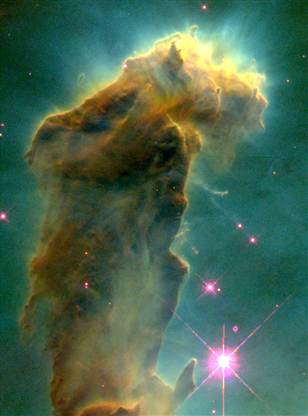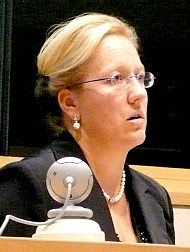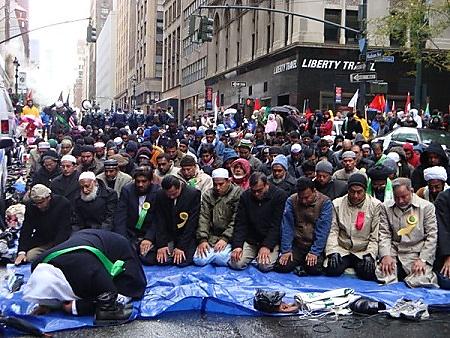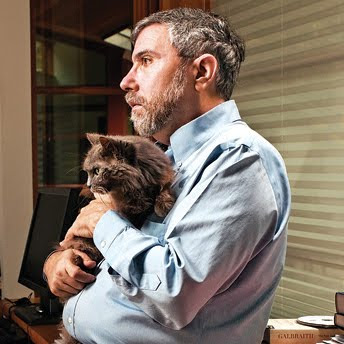Religious liberty and a thriving religious culture are defining attributes of the United States, characterizing the American order as much as its political system and market economy.[1] From the earliest settlements of the 17th century to the great social reform causes led by religious congregations in the late 19th century and again in the 20th century, religion has been a dominant theme of American life.
Memo to Conservatives: Quit Apologizing for Capitalism
Everywhere we turn these days, it seems, leftists are undermining and attacking capitalism on moral grounds. Their criticisms are directed not at merely certain corrupt corporations or individuals who abuse the system, but at the system itself.
Sadly, few conservatives, even conservative Christians, are willing or prepared to defend capitalism’s virtues. Rather than tout it in terms of liberty, they sheepishly apologize for its allegedly inherent greed.
An Oasis of Civilization in a Desert of Barbarism
The State of Israel is a modern incarnation of one of the ancient sources of today’s civilization. Our civilization — Western Civilization — traces its origins to the confluence of Judaic, Hellenic, and Roman cultures in what eventually became Christian Europe.
Upton flips a switch on CFL bulbs
Three years after he led the charge to require consumers to ditch their comfortable old incandescent lights in favor of those twisty CFL bulbs, Rep. Fred Upton now wants to be the man to help undo that law as the next chairman of the House Energy and Commerce Committee.
That about-face is not unique among lawmakers looking to atone for stances they’ve taken over the past decade as they seek to gain top posts in a decidedly more conservative Republican Congress, but his reversal underscores how intent the GOP is on proving it has broken with past practices.
Austrian MP Ewald Stadler addresses Turkish Ambassador
Recently the Turkish ambassador in Austria Ecvet Tezcan gave an interview in which he told the Austrian home secretary to “stop intervening in the integration process.” He then claimed that Turks were treated like a virus and blamed the Austrians for all the problems surrounding the non-integration of Turks.
Paul Krugman Gives Up
A marvelous thing happened over on Paul Krugman’s blog at the New York Times last week. Krugman effectively conceded defeat on a range of economic debates. Who defeated him? People who posted comments on his New York Times blog. Mere commenters.
For those who do not know, Paul Krugman is one of the few who still claim that Keynesian progressivism is the answer to America’s (and





